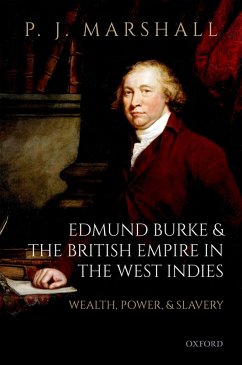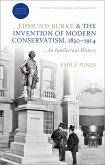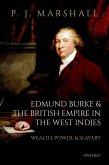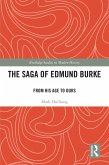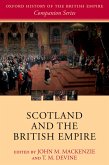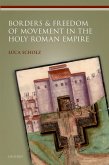Edmund Burke was both a political thinker of the utmost importance and an active participant in the day-to-day business of politics. It is the latter role that is the concern of this book, showing Burke engaging with issues concerning the West Indies, which featured so largely in British concerns in the later eighteenth century. Initially, Burke saw the islands as a means by which his close connections might make their fortunes, later he was concerned with them as a great asset to be managed in the national interest, and, finally, he became a participant in debates about the slave trade. This volume adds a new dimension to assessments of Burke's views on empire, hitherto largely confined to Ireland, India, and America, and explores the complexities of his response to slavery. The system outraged his abundantly attested concern for the suffering caused by abuses of British power overseas, but one which he also recognised to be fundamental for sustaining the wealth generated by the West Indies, which he deemed essential to Britain's national power. He therefore sought compromises in the gradual reform of the system rather than immediate abolition of the trade or emancipation of the slaves.
Dieser Download kann aus rechtlichen Gründen nur mit Rechnungsadresse in A, B, BG, CY, CZ, D, DK, EW, E, FIN, F, GR, HR, H, IRL, I, LT, L, LR, M, NL, PL, P, R, S, SLO, SK ausgeliefert werden.

